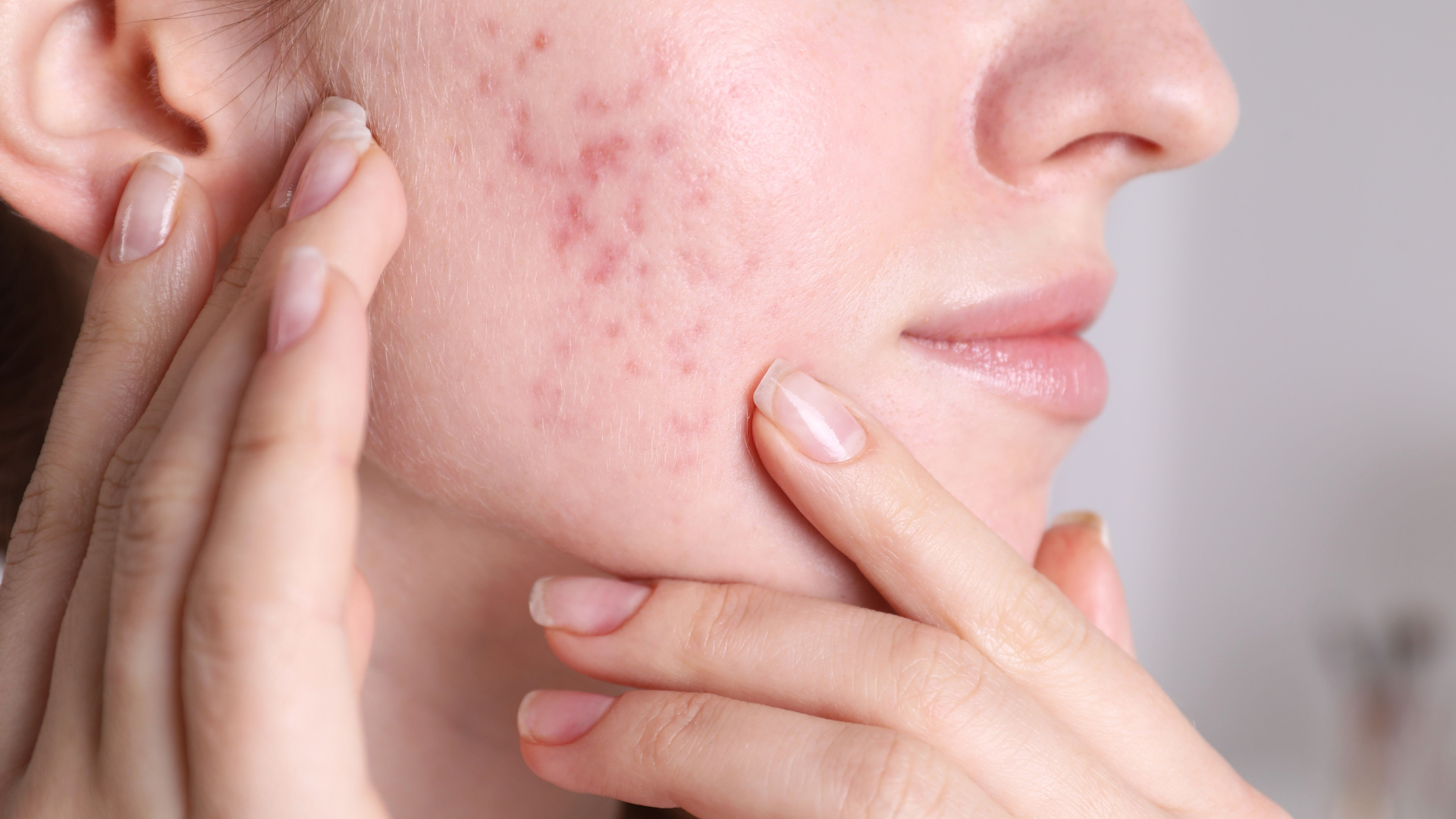How Hormonal Imbalances Affect Women's Overall Health

This is paragraph text. Click it or hit the Manage Text button to change the font, color, size, format, and more. To set up site-wide paragraph and title styles, go to Site Theme.
Understanding Hormonal Imbalances
- Estrogen: Primarily responsible for the development of female secondary sexual characteristics and the regulation of the menstrual cycle.
- Progesterone: Plays a crucial role in regulating the menstrual cycle and supporting pregnancy.
- Thyroid hormones: Control metabolism, energy levels, and weight.
- Insulin: Regulates blood sugar levels.
- Testosterone: Though often associated with men, women also produce testosterone, which is essential for muscle strength, energy, and libido.
Any disruption in the production or function of these hormones can result in imbalances that affect various bodily systems.
Symptoms of Hormonal Imbalances in Women
The symptoms of hormonal imbalances in women can vary greatly depending on which hormones are affected. Common symptoms include:
- Irregular Menstrual Cycles: Heavy, light, or missed periods can be a sign of hormonal imbalance, particularly with estrogen and progesterone.
- Weight Gain or Loss: Imbalances in thyroid hormones, such as hypothyroidism or hyperthyroidism, can lead to sudden weight changes.
- Fatigue and Low Energy: Hormonal fluctuations can lead to chronic fatigue, especially when thyroid hormone production is low or insulin levels are not regulated.
- Mood Swings and Anxiety: Hormonal imbalances can affect the neurotransmitters in the brain, leading to mood swings, irritability, or even depression.
- Hot Flashes and Night Sweats: Often associated with menopause, these symptoms occur when estrogen levels drop significantly.
- Acne and Skin Issues: Imbalances in androgens (male hormones) can lead to acne, particularly in adult women.
- Sleep Disturbances: Low progesterone levels can cause difficulties in falling or staying asleep.
Causes of Hormonal Imbalances
Several factors can contribute to hormonal imbalances in women:
- Age and Menopause: As women age, especially during perimenopause and menopause, the body’s production of estrogen and progesterone decreases, leading to common symptoms such as hot flashes, irregular periods, and mood changes.
- Polycystic Ovary Syndrome (PCOS): A common condition where women produce an excess of androgens, leading to irregular periods, weight gain, acne, and infertility.
- Thyroid Disorders: Hypothyroidism (underactive thyroid) and hyperthyroidism (overactive thyroid) are conditions where the thyroid glands produce either too little or too much thyroid hormone, leading to symptoms like fatigue, weight changes, and mood disturbances.
- Stress: Chronic stress can elevate cortisol levels, which in turn can affect other hormones, including insulin and estrogen, disrupting the balance.
- Poor Diet and Lifestyle: Nutrient deficiencies, poor diet choices, and lack of exercise can contribute to hormonal imbalances, especially by affecting insulin levels and thyroid function.
How Hormonal Imbalances Impact Overall Health
Hormonal imbalances can have a far-reaching effect on various areas of a woman’s health, including:
- Reproductive Health: Irregular periods, fertility problems, and complications with pregnancy can be linked to hormonal imbalances. Conditions like PCOS, endometriosis, or thyroid dysfunction can make conception more challenging.
- Bone Health: Estrogen plays a key role in maintaining bone density. Imbalances, particularly during menopause when estrogen drops, can lead to osteoporosis and a higher risk of fractures.
- Cardiovascular Health: Hormonal imbalances can affect cholesterol levels and blood pressure, increasing the risk of heart disease, particularly during menopause when estrogen levels fall.
- Mental Health: Fluctuating hormone levels can affect mood, leading to conditions like anxiety, depression, or irritability. Long-term imbalances can contribute to chronic mental health struggles.
- Skin and Hair Health: Hormonal imbalances can lead to skin issues like acne or dryness and hair thinning or excessive hair growth, particularly when androgens are involved.
Diagnosing and Treating Hormonal Imbalances
To address hormonal imbalances, it's essential to consult with a healthcare provider. They may perform blood tests, physical exams, or imaging studies to assess hormone levels and identify any underlying conditions.
- Lifestyle Changes: A balanced diet, regular exercise, and stress management techniques can help maintain hormonal balance.
- Medications and Supplements: Hormonal therapies, such as birth control pills, hormone replacement therapy (HRT), or thyroid medications, may be prescribed to restore balance.
- Alternative Therapies: Natural remedies, including herbal supplements and acupuncture, may provide relief from mild symptoms, although they should be used in consultation with a healthcare provider.
Preventing Hormonal Imbalances
While it’s not always possible to prevent hormonal imbalances, adopting a healthy lifestyle can help reduce the risk:
- Eat a Nutrient-Dense Diet: Focus on whole foods, such as fruits, vegetables, lean proteins, and healthy fats, which support hormone production.
- Exercise Regularly: Regular physical activity helps regulate hormones like insulin and cortisol, improving overall balance.
- Manage Stress: Practicing mindfulness, yoga, or other relaxation techniques can help lower cortisol levels and prevent imbalances.
- Get Enough Sleep: Sleep is essential for hormone production, including those related to metabolism and mood regulation.
Conclusion
- Hormonal imbalances can have a profound impact on a woman’s physical, emotional, and mental health. Understanding the causes and symptoms is the first step toward addressing and managing imbalances. By consulting with a healthcare provider, adopting a healthy lifestyle, and considering treatment options, women can regain hormonal balance and improve their overall well-being. If you are experiencing symptoms of a hormonal imbalance, it's important to reach out to a medical professional for proper diagnosis and treatment.




